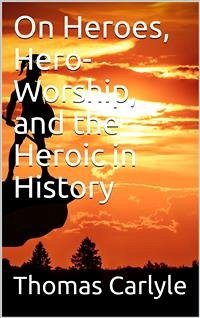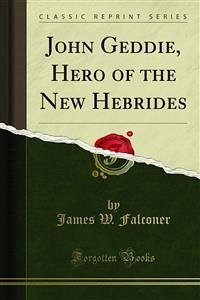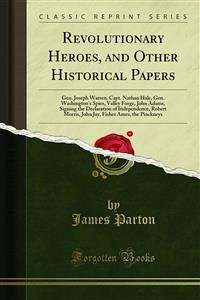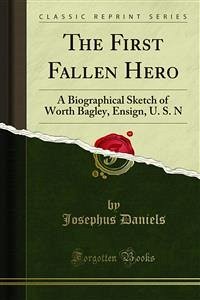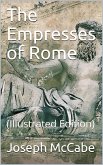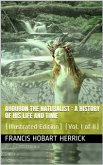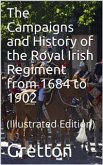On Heroes, Hero-Worship, and The Heroic in History is a book by Thomas Carlyle, published by James Fraser, London, in 1841.
It is a collection of six lectures given in May 1840.
1. (5 May) The Hero as Divinity. Odin. Paganism: Scandinavian Mythology
2. (8 May) The Hero as Prophet. Muhammad: Islam
3. (12 May) The Hero as Poet. Dante; Shakespeare
4. (15 May) The Hero as Priest. Luther; Reformation: Knox; Puritanism
5. (19 May) The Hero as Man of Letters. Johnson, Rousseau, Burns
6. (22 May) The Hero as King. Cromwell. Napoleon: Modern Revolutionism
It is a collection of six lectures given in May 1840.
1. (5 May) The Hero as Divinity. Odin. Paganism: Scandinavian Mythology
2. (8 May) The Hero as Prophet. Muhammad: Islam
3. (12 May) The Hero as Poet. Dante; Shakespeare
4. (15 May) The Hero as Priest. Luther; Reformation: Knox; Puritanism
5. (19 May) The Hero as Man of Letters. Johnson, Rousseau, Burns
6. (22 May) The Hero as King. Cromwell. Napoleon: Modern Revolutionism

